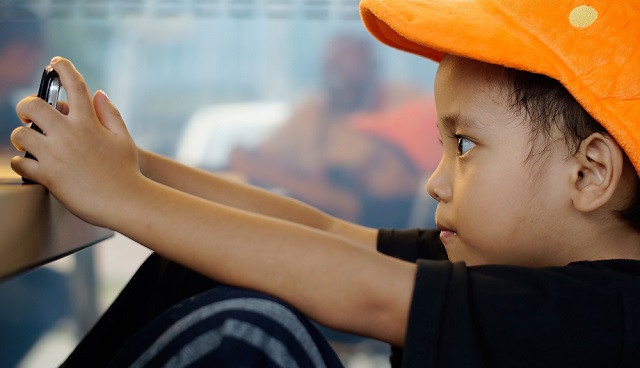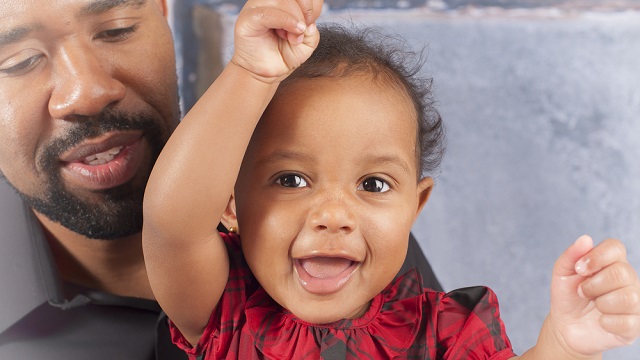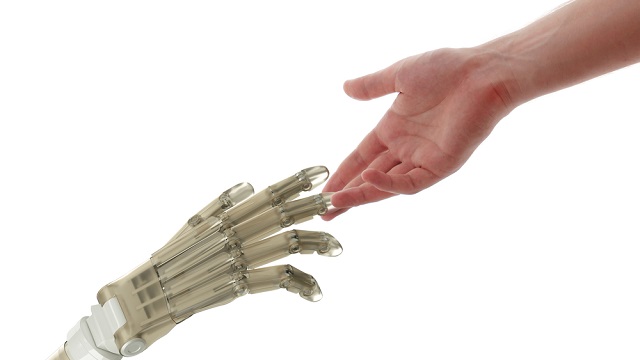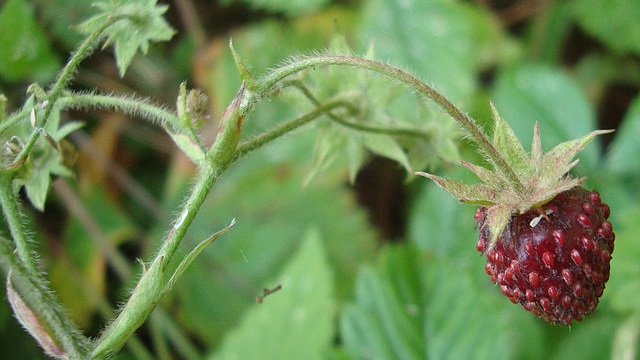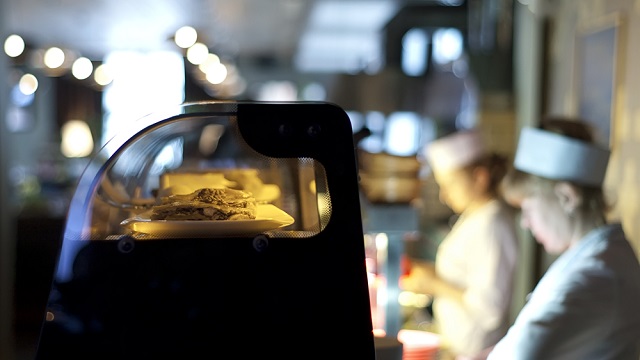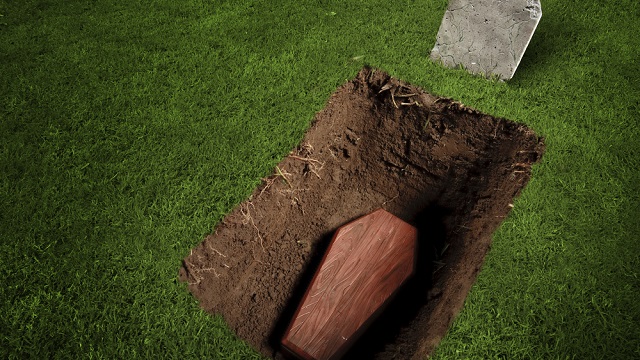Kecia Lynn
Kecia Lynn has worked as a technical writer, editor, software developer, arts administrator, summer camp director, and television host. A graduate of Case Western Reserve University and the Iowa Writers' Workshop, she is currently living in Iowa City and working on her first novel.
Some scientists believe that humanity’s best shot at colonizing other planets lies in working within existing physics using organisms — in this case, bacteria encoded with human DNA — that can survive the trip.
PetMatch uses machine vision algorithms to match uploaded photos to those of pets who are available for adoption from shelters and rescue groups.
Several organizations are hoping to put valuable artifacts — such as a handwritten Jewish scroll — on privately-launched missions to the moon, where they will be preserved in case something bad happens on Earth.
Despite previous research and anecdotes about the germiness of airplane bathrooms, scientists found that some dangerous pathogens lived for days on seat-back pockets and armrests.
In a new paper, two Dutch researchers suggest that locally-sourced meat could come from “village-scale” culturing of livestock stem cells in a biotech reactor.
To all the external things that bring people together, add genetics: A new study discovered that husbands and wives were more genetically similar to each other than they were to other randomly selected individuals.
This week the four major wireless carriers began allowing customers to take advantage of text-to-911 services available in two states and a handful of counties. It could prove most useful for those who are hard-of-hearing or have difficulty speaking.
Carnegie Mellon scientists have developed an interface that works through twists and tilts as well as clicks.
A new startup offers a solution to the problem of urban congestion: Collect data from transit programs, calculate estimated peak travel times, and offer rewards to commuters who avoid those periods.
A University of Washington study shows that despite the increase in the number of companies offering flexible schedules, managers still tend to give early birds higher conscientiousness and performance ratings.
Numerous studies have demonstrated the ways in which healthy social relationships can extend life. A new one suggests that domestic strife can shorten life…even when the only weapons are words.
Using data from one of the world’s oldest continuing studies of aging men, researchers have discovered a possible connection — in the form of a certain type of gene — between body height and lifespan.
The surge in devices marketed towards children is creating a corresponding demand for testers in target age ranges. One enterprising 11-year-old even heads a startup that charges companies for access to his groups of young consultants.
TransProse measures the number and density of words associated with basic emotions — anger, joy, fear, and so on — and generates music designed to reflect the moods on the page.
According to a new study, that’s the frequency of electric current that, when sent to the frontal cortex via electrodes, best induced sleeping test subjects to become aware of their dream state. (Lower and higher frequencies had little effect.)
Partially in response to recent research into adolescent sleep patterns, one English school has announced that sixth-form classes — attended by students aged 16-18 — will start at 1:30 PM and end at 7:00 PM.
By a unanimous vote, Carson’s city council agreed to send for final approval a measure that would make bullying of children and young adults — up to age 25 — a misdemeanor.
20 Day Stranger allows them to track each other’s lives…but in an intentionally vague and anonymous way. Its developers say the goal is to increase empathy and understanding.
A forthcoming Boston College report suggests that smart businesses should evaluate their parental leave practices if they want to attract quality employees…regardless of gender.
A new study involving World of Warcraft players using female avatars revealed clear gender distinctions when it came to in-game movement.
It’s for our health: The Virtual Physiological Human project seeks to create an accurate computer-simulated replica of a patient so that doctors can better predict how certain procedures and medications will work.
By installing the Rainhouse system, which includes a roof made of “bioconcrete,” every rainfall can produce drinking water for the building’s inhabitants. Its designers say that the technology can fit any size of building, from a factory to a home.
This week the Federal Election Commission gave permission for political action committees to accept the cryptocurrency. They can also purchase Bitcoin with existing funds, but they can’t use it to buy goods or services.
The US Navy is working with several universities on a new multi-year project designed to figure out how to engineer moral competence. One big challenge: Science still doesn’t know exactly how it works in humans.
Once Parking Maestro receives information about the parking restrictions, it uses your location to let you know how long it’ll take for you to get back before the meter maid or tow truck shows up.
For a few weeks only, the UK-based supermarket chain Waitrose is offering what they’re calling “bubbleberries” due to their distinctive taste. In botanical circles, they’re known as musk strawberries; in Jane Austen’s day, they were called hautboys.
Scheduled to launch this summer, PareUp connects bargain-hungry consumers and stores with excess food that would have otherwise been thrown out.
Childhood amnesia is a fairly common phenomenon that had no clear scientific explanation. Now a new study offers one: The high numbers of new brain cells forming may disrupt existing memory storage.
According to the “rice theory,” Asian societies evolved to be more cooperative, and Western societies more individualistic, because of the type of work needed to farm rice and wheat respectively. A recent study seems to lend credence to this theory.
From the country whose hit shows have featured slow boat rides and bird box video streams comes “Kisten” (“The Coffin”) in which famous people spend time thinking about and preparing for their future final send-off.












